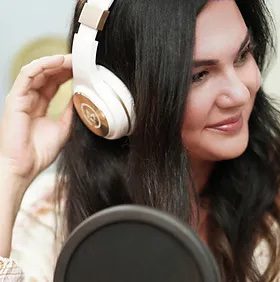8 glasses of water a day, is it too much or not enough?
The recommendation to drink eight 8-ounce glasses of water per day is a common belief, but the actual amount of water needed varies from person to person depending on factors such as body size, climate, activity level, and metabolic rate. The current recommendations for total water intake are 13 cups per day for men and nine cups per day for women, which includes water from other beverages and food.
Staying hydrated is important for maintaining cognitive and cardiovascular function and preventing chronic diseases. Adults who are not sufficiently hydrated may age faster, face a higher risk of chronic diseases, and be more likely to die younger.
However, research shows that many older adults are chronically underhydrated, which can negatively impact their health. The sensation of thirst tends to decline with age, and certain medications and health concerns may also negatively affect water balance.
Overall, eight 8-ounce glasses of water per day is a good starting point, but individuals should pay attention to their body’s needs and adjust their water intake accordingly.
A new study from the National Institutes of Health (NIH) suggests that adults who aren’t sufficiently hydrated may age faster, face a higher risk of chronic diseases — such as lung disease, Diabetes, heart failure and Stroke — and be more likely to die younger than those who stay well-hydrated.
The results are based on 30 years’ worth of data collected from more than 11,000 adults in the U.S. who were 45 to 66 years old when the study began. The researchers looked at levels of sodium in the participants’ blood to determine hydration (higher concentrations are a sign that they most likely weren’t consuming enough fluids) and found that those with blood-sodium levels at the higher end of the normal range had aged faster than those at the lower end of the range,
Exacerbating the problem: Research shows we tend to drink less as we age. One study published in 2019 in the journal SAGE Open Nursing suggests that up to 40 percent of older adults may be chronically underhydrated. The obvious culprits: Certain medications, such as diuretics, may negatively affect water balance, plus some older adults may intentionally reduce their water intake because of incontinence or other concerns about bladder control. What’s more, the sensation of thirst tends to decline with age.
When you’re younger, you get thirsty and you get something to drink, but older people in the same situation don’t feel thirsty,
Originally Published on https://boomersnotsenior.blogspot.com/
























